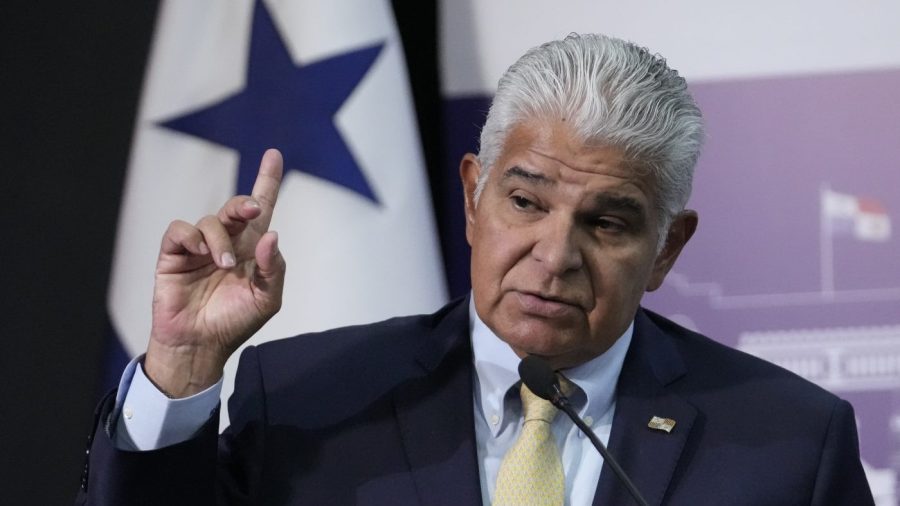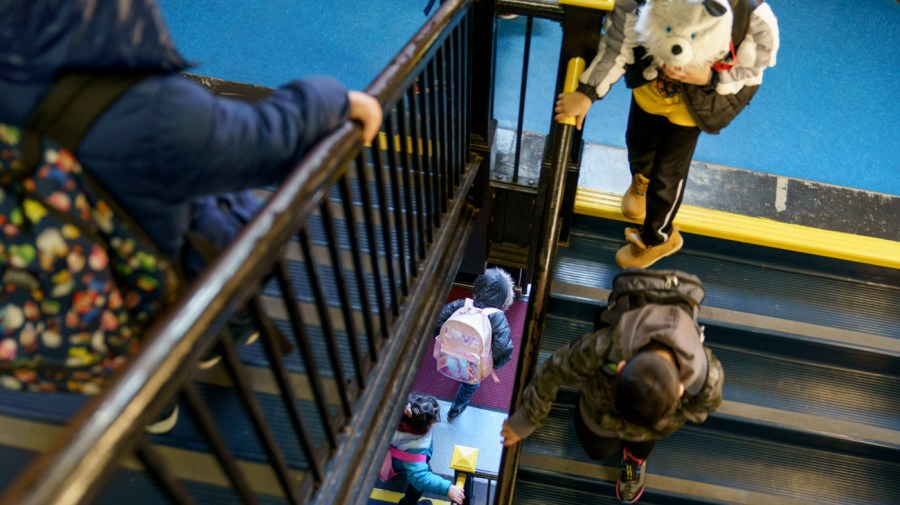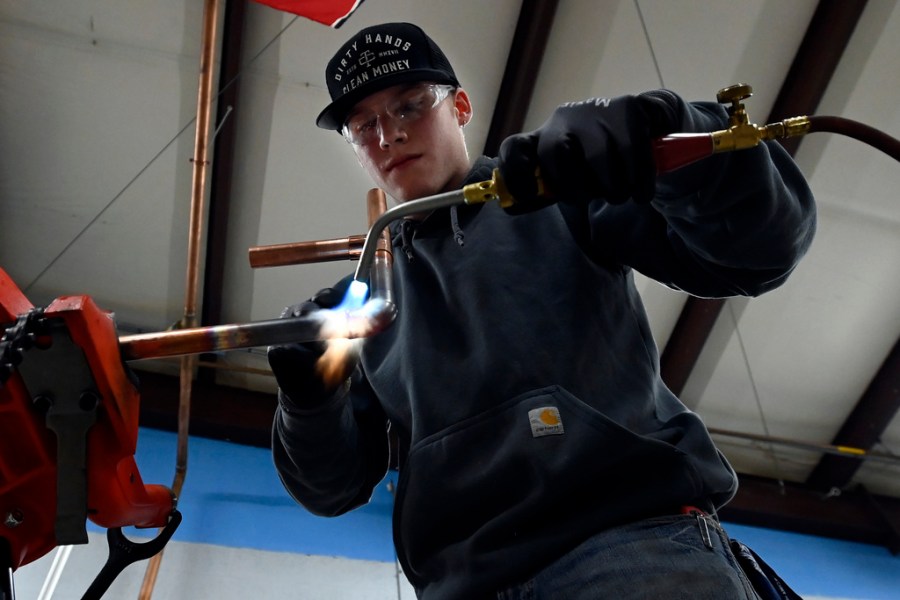Panama will not give in to the Trump channel threats

About President Trump’s rising speech on Panama channel of diplomatic tensions into a complete crisis.
Trump’s assertion during his speech in Congress on March 5 that “to increase the enhancement of our national security, my administration will restore the Panama channel, and we have already started doing this”, which represents a two -month crowning of the provocative discourse that has been increasingly sent vibrations through the Panama government and across the international landscape.
Trump systematically increased his allegations since his second term began.
Panama’s response was sophisticated strategic. Amp. Elay Alvaro officially called on the United Nations Charter of Article 2 (4) a ban on “threats against regional integrity”, while Deputy Minister Carlos Guevara Man has organized multilateral support by organizing the American states.
Foreign Minister Marco Rubio’s visit was arranged in a hurry in January, and the diplomatic clash was depth, especially after the contradictory statements appeared within hours of his departure. The Ministry of Foreign Affairs announced that “the US government ships can now transfer the Panama channel without fees” that prompted immediate and reliable reprimand from the channel’s authority, which confirmed that there were no amendments to the structure of the outcome. This situation is amazing, given the relatively modest US military transport fees over the past 25 years. Away from the calm of the water, Rubio’s visit to the primary separation between American expectations and the independence of the Benam.
After Trump’s speech in Congress, President Jose Raul Mulino issued a more powerful reprimand on social media: “President Trump is lying again. Panama is not in its recovery process and has never been discussed in our talks with Minister Rubio or with anyone else.” He rejected “on behalf of Panama and Banamin this new insult to the truth and our dignity as a nation.”
The crisis intensified when NBC News stated that “the White House has directed the American army to put options to increase the presence of American forces in Panama,” including the Southern Command – Benmeanian officials categorically deny insurance or acceptance.
These tensions revive the legacies that were not resolved in the American military imprint in Panama. There are 3,500 acres through 14 groups of abandoned fire, which are still deadly effects for the former American attendance. On the island of San Jose, virgin beaches hide the chemical weapons of the First World War that make large parts uninterrupted. Despite the rulings that require the removal of “all risks to human life”, countless uninterrupted munitions are still guaranteed in the benning soil.
Until 1997, the American Southern Command maintained its headquarters at Quarry Heights in Panama, coordinating American military operations throughout Latin America from the Summit of a strategic hill overlooking the entrance to the Pacific Channel. In an influential development of historical symmetry, this leader – where the American generals organized the regional military strategy one day – later the Ministry of Foreign Affairs in Panama until 2004. The rooms that witnessed decades of American military planning, for critical years, became the nerve center in benching sovereignty. This architectural transformation from Command Post to the diplomatic headquarters is completely covered by the Panama trip from the occupied territories to the sovereign nation.
The American School, which was working in Panama until 1984 before moving to Fort Benning, trained officers later led the most repressive Latin American systems, including Manuel Nuriga, Leopoldo Galtere and Hugo Panzer – figures linked to torture, disappearance and mass killing.
The legal framework that governs relations depends on the 1977 treaties that were negotiated during the era of President Jimmy Carter and General Omar Torigos. The Panama Channel Treaty was imposed by the full American withdrawal by December 31, 1999, while the acute associated treaty has a sharp channel. Article Five expressly states that “only the Republic of Panama is working to operate the channel and preserve the military forces inside its national territory.”
What prevents the re -interpretation from one side? The founding principle “Pacta Sunt Servanda” – The treaties must remain – dedicated to the Vienna Convention. Although amending one of the neutral treaties allows both countries to defend the channel from the threats of neutrality, it explicitly prohibits “interference in internal affairs in Panama.”
Trump’s allegations about the collapse of Chinese control under scrutiny. Blackrock’s latest advertisement for its acquisition of Panama Ports Companyy-Hong Kong-based container to the American ownership-is directly contradictory to the allegations of Chinese sovereignty. More importantly, these stations are still completely separate from the canal operations, which are being managed exclusively by the Channel Authority constitutionally established in Panama.
The American military presence on the land of Panamiya does not raise security, but the painful memories of intervention for many Panamans. Panama was transferred to the channel contracts of the struggle for regional integrity. Increased American military presence would inevitably undermine this sovereignty that was obtained as hard -working.
Trump’s approach stands in a flagrant contradiction with President Carter’s core, who stated that the channel dealt with “determining the United States’ commitment to the belief that fairness, not strength, should lie at the heart of our dealings with the countries of the world.” The international community is closely monitoring. Colombia and Mexico, among other countries, expressed its solidarity with Panama, while many European countries have urged restraint and respect for current treaties.
The water of the canal flows in peace today, and Panama took over. But under this calm, the dual paradox is: American chemical weapons remain buried in the benching soil, while American strategists are considering new publishing operations to “protect” a waterway that is already believed by their legitimate owners.
Panama stands at the sovereign crossroads. One of the paths leads to resistance against the re -interpretation of the treaty unilaterally; Another to distribute it to the intervention justified by the manufactured security concerns. A third method that excels – as the United States meets its environmental obligations while respecting the exclusive jurisdiction of Panama on the channel that symbolizes its independence.
The final test will not be found in speeches or statement, but in whether Washington honors both the message and the spirit of its obligations – or choose to write a new disgraceful chapter in intervention.
Nafia Rossana Castillon is the former Deputy Foreign Minister of the Republic of Panama.




Post Comment